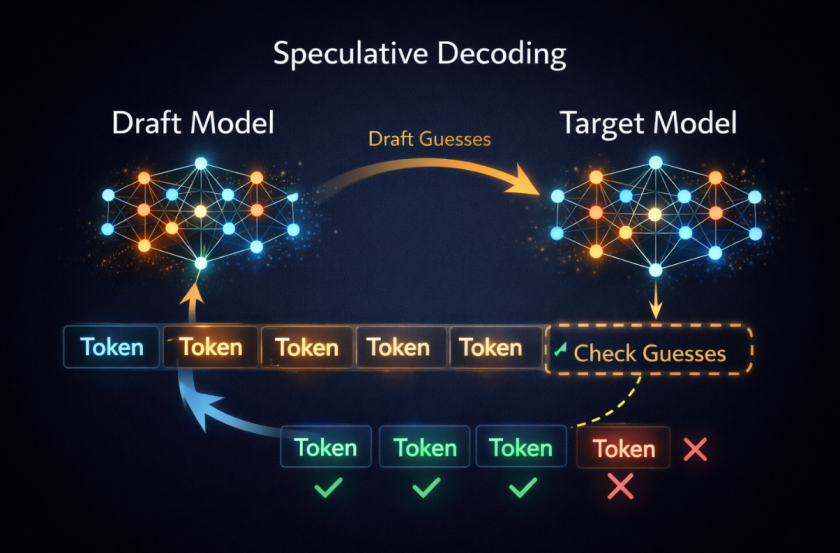Researchers at Ecole Polytechnique Federale de Lausanne (EPFL) Lausanne, Switzerland have developed a centimeter long biosensor chip that lays hidden under a patch of human skin and is communicated via smartphone. The chip tracks the concentration of molecules quantity like glucose, cholesterol and other drugs.
This development lays the foundation of precision with respect to drug dosage. Till now, medical fraternity depends on the analysis of blood sample that has been drawn hours before. There are many EPFL laboratories that are working towards creating devices that could make way for regular analysis over long time frames.
Dr. Sandro Carrara said that they have pioneered a biosensor chip that is capable of not only tracking pH and temperature but also metabolism-related molecules like glucose, lactate and cholesterol, in addition to drugs.
Internals of the biosensor chip
The tiny device is embedded with three components, namely a circuit having six sensors, a control unit for analyzing incoming signals and one radio transmission module. An induction coil has been added to the device for drawing power from an external battery that is connected to the skin by a patch. A simple plaster supports the battery, the coil and a bluetooth module together for transmitting results to the smartphone.
The chip has already proved its efficacy when experimented on mice at the Institute for Research in Biomedicine (IRB) in Bellinzona. Glucose and paracetamol molecules were tracked without any external hindrance of wire tracker getting in the way of the rodents’ regular activities. With such promising results, the researchers are hopeful that clinical tests on humans might start within the next 3-5 years. The procedure involves minimal invasion, which means, chip will find its place somewhere in the epidermis, the outermost layers of cells in the skin, this makes the approach for clinical tests more practical.
The advancement of tracking real-time effect of drugs on metabolism would help doctors and researchers in leveraging the chance of getting into the root of the problem and irradiating it completely in the near future.




